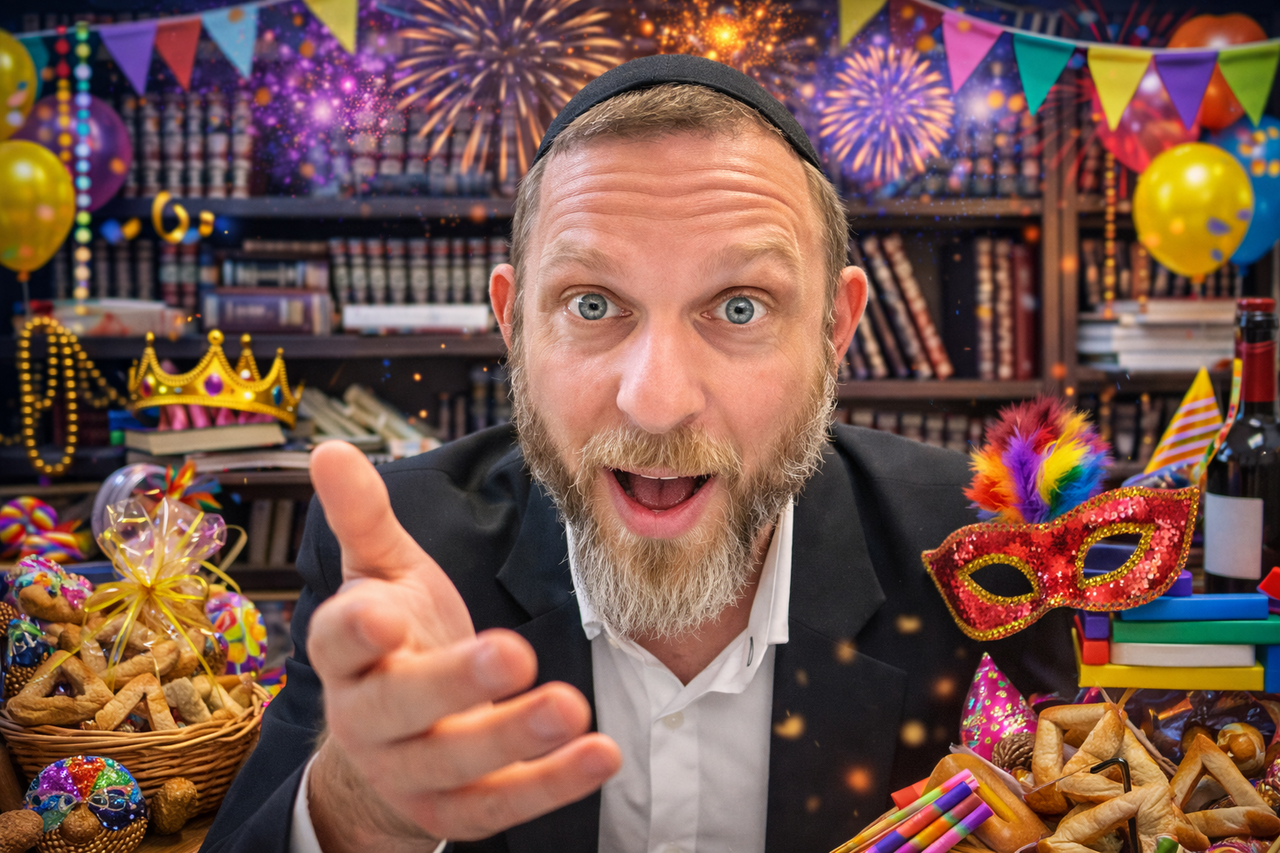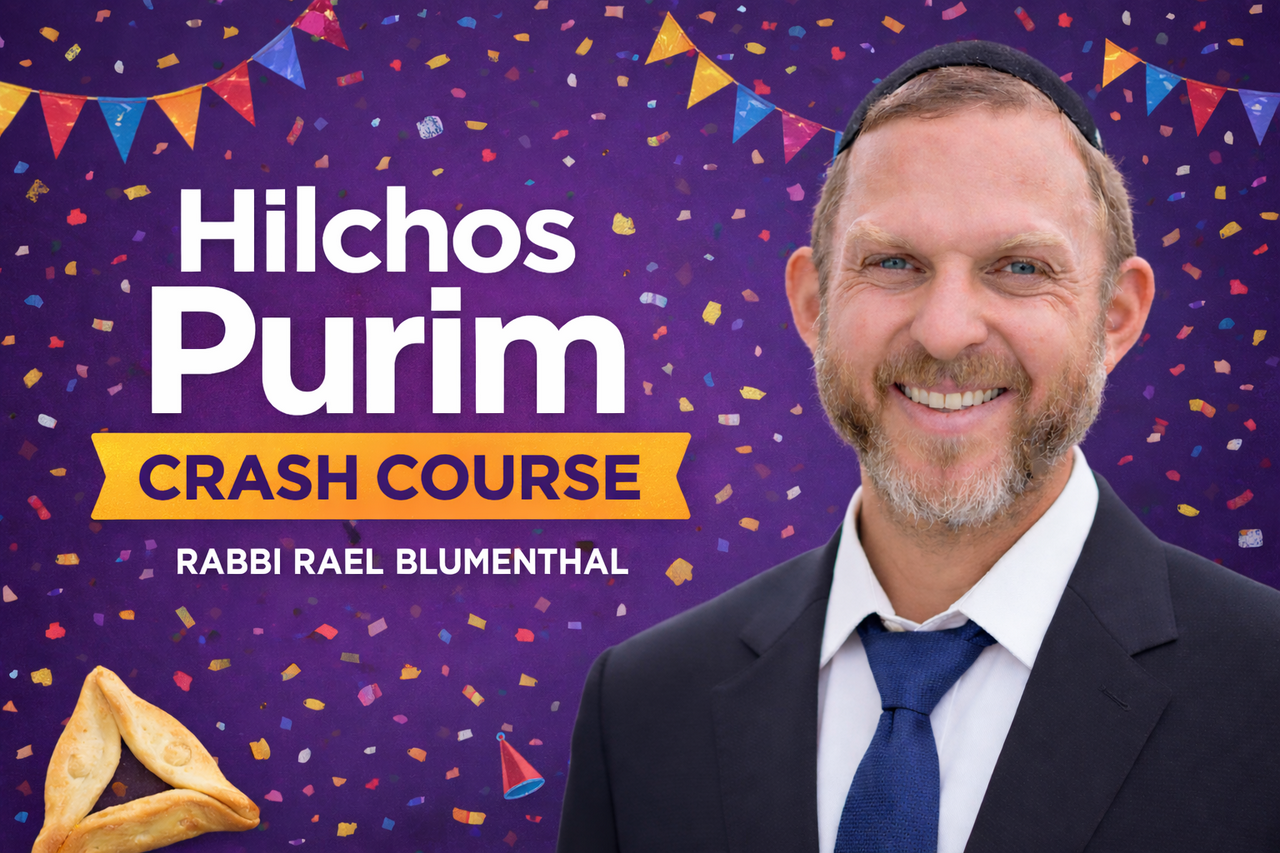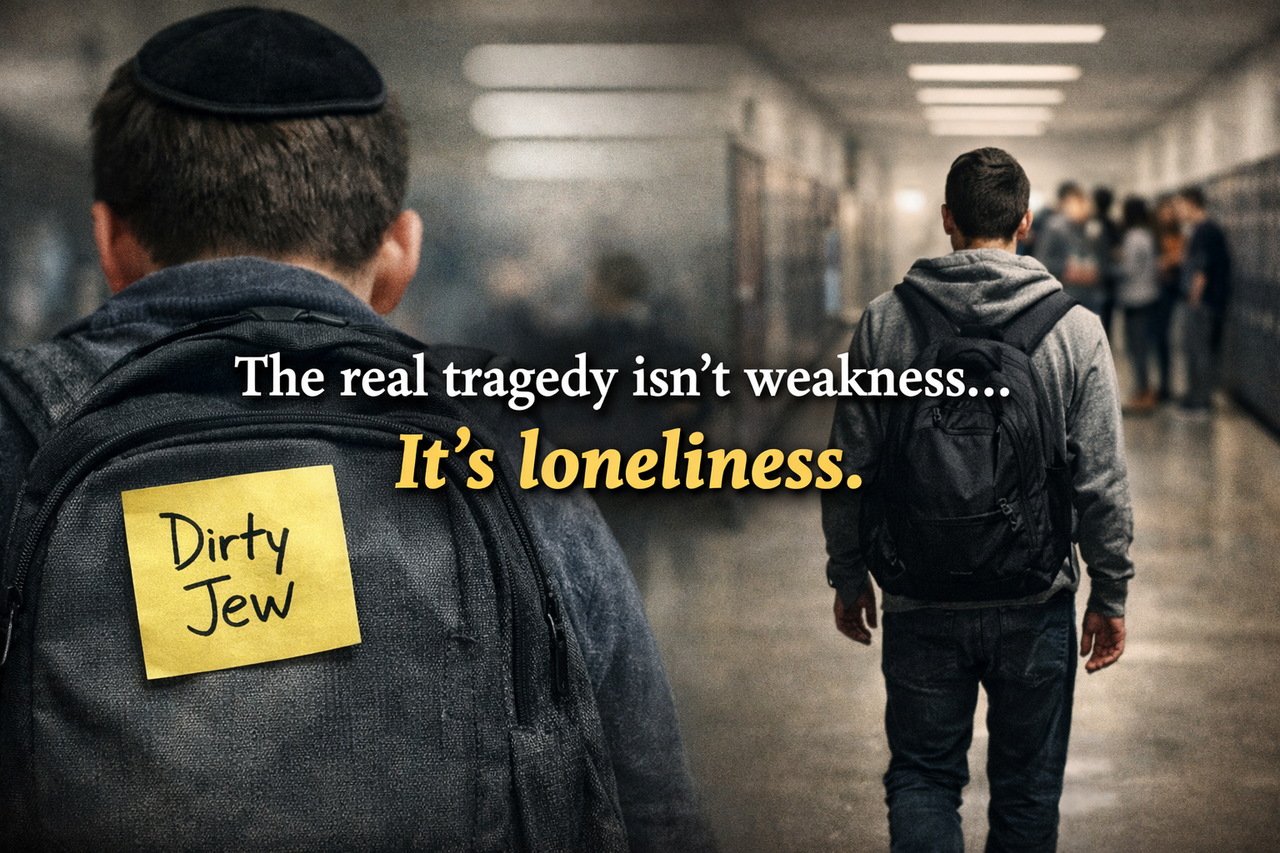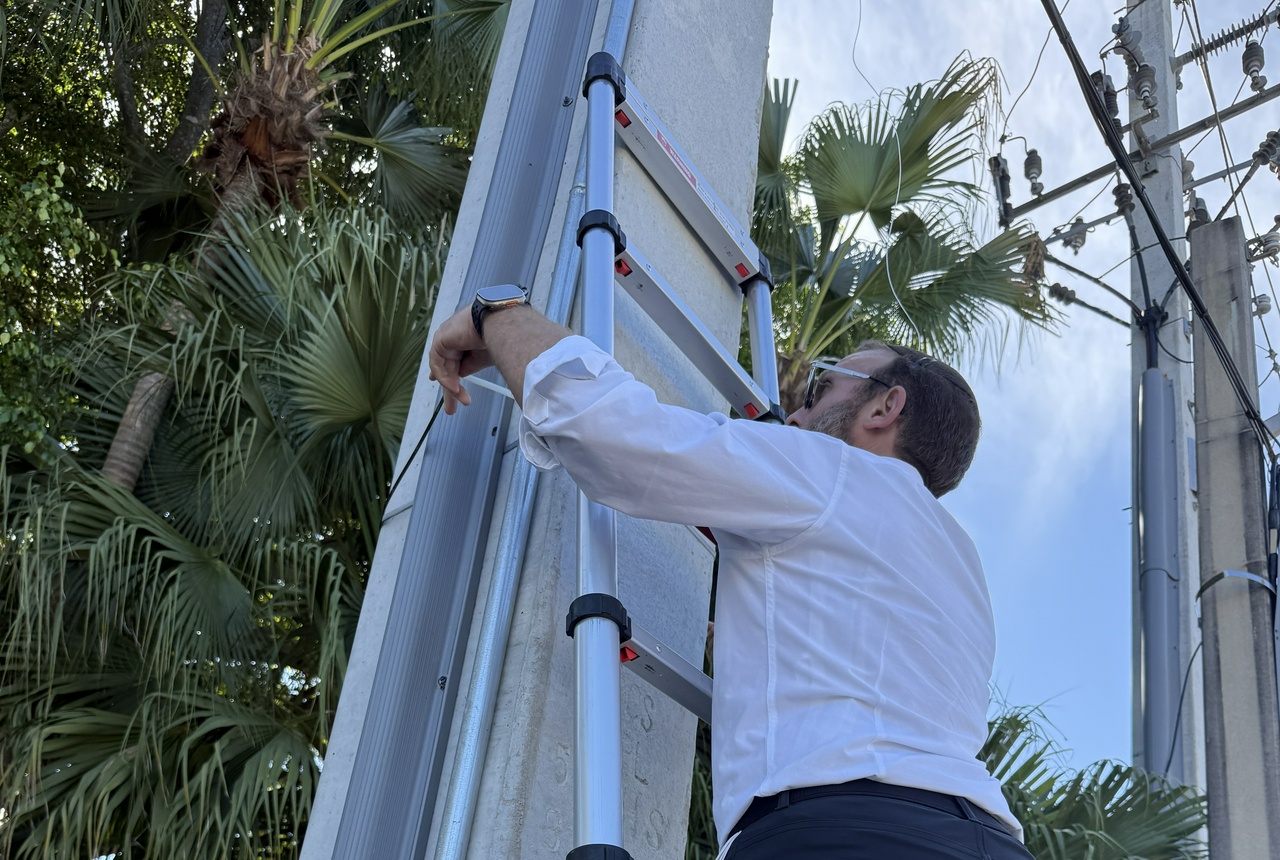This War is the Real Teshuva for the Egel HaZahav

Something has changed in the world this week. It was not just the incredible surprise attack on Iran. Not just the immense success of the State of Israel. Not just the unprecedented partnership between Israel and the US.
The most fundamental shift that has occurred in the past two thousand years is that we, the Jewish people, are no longer afraid.
Of course, the ballistic missiles are still terrifying. Of course, we are still constantly davening for our families and friends in Israel. But even in the bomb shelters, Israelis are not fearful. They are inspired, lively, and victorious.
A moment of reflection on our history reveals how truly remarkable this emotional state is for Klal Yisrael. We are proud of our people, proud of our army, and proud of our homeland.
Curiously and beautifully, this immense pride and joy does not come from fixing everything that is wrong in Israel. The fissures between religious, secular, and Dati Le’umi have not been healed. The political divides are just as painful as ever. But something has shifted in the foundations of our nation.
For the first time in our history, we have learned that we don’t need to solve all our problems to know we are worthy of redemption.
We have finally escaped the trauma of thinking we are not good enough for Hashem to help us, empower us, and save us. And escaping this trauma is teshuva for the Egel HaZahav.
It’s a secret that Chazal encoded in the comparison between the Egel and the Parah Aduma.
Truthfully, these two animals should have little to do with each other.
The golden calf was a tragedy of epic consequence. A mistake that turned the clock back on the upward momentum of the Jewish nation and resulted in the destruction of the first set of Luchos.
The Parah Aduma, on the other hand, is a mitzvah two sefarim away—in the middle of Bamidbar. But more than that, this חוקת התורה, above all others, is understood by Chazal to be paradigmatic of the concept of a chok—a law that we cannot comprehend.
Yet despite the supposed difference between these two things, the Medrash quotes Rabbi Eivo:
א”ר איבו משל לבן שפחה שטינף פלטין של מלך, אמר המלך תבא אמו ותקנח את הצואה, כך אמר הקב”ה, תבא פרה ותכפר על מעשה העגל.
Let the mother come clean up the mess of its child.
Somehow, the Parah Aduma is the mother of the Egel, and it is charged with the obligation to clean up the mess. Clearly, this is not simply borne out of the perspective that calf and cow are both bovines—for that we would not need Chazal.
In order to understand the Egel, we first need to ask how it came to be that the Jewish people, within forty days, sank from the revelation at Sinai to building an idol.
To explain this tragedy, Rashi shares a peculiar Medrash:
בשש משה – כתרגומו לשון איחור... כי כשעלה להר אמר להם לסוף ארבעים יום אני בא בתוך ו' שעות, כסבורים הם שאותו יום שעלה מן המנין, והוא אמר שלמים ארבעים יום ולילו עמו ויום עליה ואין לילו... נמצא כלים ארבעים בשבעה עשר בתמוז. בי”ו בא השטן וערבב את העולם והראה דמות חשך ואפלה וערבוביא, לומר ודאי מת משה, לכך בא ערבוביא לעולם, אמר להם מת משה, שכבר באו שש שעות ולא בא...
Satan came and threw the world into confusion, giving it the appearance of darkness, gloom, and disorder so that people would say: “Surely Moses is dead, and that is why confusion has come into the world!” He said to them, “Yes, Moses is dead!”
Rav Chaim Shmulewitz, in Sichos Mussar, asks how, for forty days, Klal Yisrael were convinced that Moshe was fine, yet in the final moments the Satan swayed them. What does that even mean?
He explains that this “Satan” began as seeds of doubt. Maybe this is all a ruse? Maybe Moshe is not coming back? Rumors and fears spread widely through the camp until they reached the tipping point of hopelessness. The moment they lost hope, their lives lost meaning, and a return to their old habits came swiftly.
Rav Moshe Feinstein, in Drash Moshe, explains that it was not the sin of the Egel HaZahav itself that so severely impacted our destiny. It was the hopelessness.
Even after the sin, the Jewish nation was still wearing the crowns Hashem gave us at Matan Torah. Indeed, they refused to take them off, and Hashem demanded that they do so.
Why, asked Rav Moshe, would Hashem initially allow the crowns to remain and then demand that they be removed?
He explains:
If we had all resolved, in that moment, that we would do teshuva and not allow this hiccup to define our future, we would have been accepted as baalei teshuva immediately. We would have retained our status as royalty. Ultimately, we lost our royalty because we thought we could never again be worthy of it.
The Torah tells us that the Parah Aduma is the only way for a person who came in contact with a dead body to become pure. This ritual, complicated and contradictory, somehow allows a person to achieve purity after encountering the reality that we will all, one day, die.
The Mei Hashiloach (ח״א סוף פ׳ בשלח) writes that the Parah Aduma serves to overcome the greatest weakness of mankind—death. Through the Parah Aduma, the Torah teaches that even death is surmountable. That there is never a reason to give up hope.
Thus the Parah Aduma—the ultimate expression of hope—comes to clean up the Egel—the ultimate expression of hopelessness.
We all know people, from our personal lives to the heroes of our people, who overcame the greatest challenges—sickness, persecution, and terror—to become transformed and transformative individuals. Somehow, they achieved purity from the deaths they encountered.
Perhaps this is why the Parah is the paradigmatic chok. No one can explain how to regain hope, not even those who have achieved it.
To become tahor is more than purity. It is confidence, hope, and optimism.
It is internalizing the great lesson of Rebbe Nachman:
אם אתה מאמין שיכולים לקלקל תאמין שיכולים לתקן
If you believe that it is possible to ruin, destroy, and corrupt the wonderful lives that Hashem has given us, then we should also believe that we can repair them as well.
This week Klal Yisrael is retaking our place on the world stage. We are royalty—worthy of our crowns—despite our failures.
Our job now is to emulate this truth on a personal level. Despite your failings and flaws, never give up hope. Never give up your crown.








